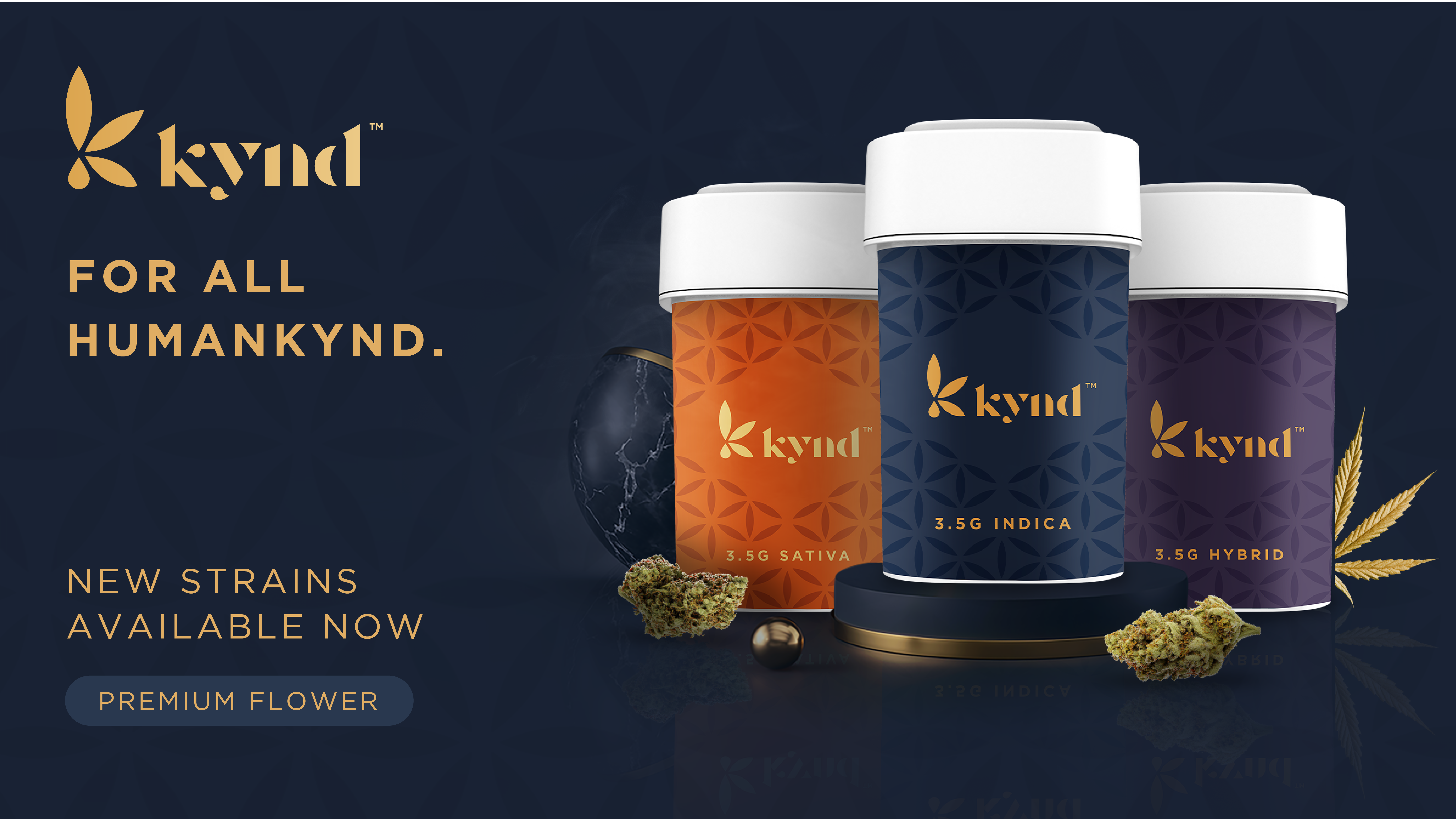Terpenes, the aromatic hydrocarbons found in every known plant, have a bigger piece of the alternative medicine pie than ever before. And that’s thanks to only one (especially powerful) plant in particular: cannabis.
Despite what people thought for years, terpenes don’t just dictate the taste and smell of cannabis strains. Research now shows they’re capable of altering the strength and effects of other components of the plant, including cannabinoids like THC and CBD. In fact, terpenes are healers in their own right.
Among hundreds of terpenes, though, only a handful occur in cannabis in large enough concentrations to treat health issues. Plus, each has its own unique superpowers.
Which does what? How do they work? We’ve covered a lot of this in our six-part series of power terpenes, and now we’re talking limonene. Like linalool (see part three), limonene plays a big role in skincare – but that’s not even close to this terpene’s full potential.
What Is Limonene?
Ever wondered what gives certain strains their sweet citrusy aroma? That’s limonene, a terpene known to boost mood, relieve stress, and enhance even the most everyday products.
In nature, you’ll find it in pine, mint, the peels of citrus fruits, and essential oils like lemon oil and orange oil. In food, it’s used as a flavoring. At home, you’ll find it in everything from anti-acne skin treatments to cleaning and pesticide products. And in medicine, you’ll find limonene in pharmaceutical and herbal treatments alike.
What Does Limonene Treat?
With its antifungal, antibacterial, antioxidant, and anti-inflammatory properties, there’s little limonene can’t treat. Here are just a few examples of health issues it helps with.
- Heartburn and gastric reflux: In a study of 19 heartburn patients, 17 had no symptoms after swapping pharmaceutical medications for limonene.
- Weight loss: By reducing blood pressure, heart rate, and blood sugar while increasing antioxidant levels, limonene cuts fat, cholesterol, and overall appetite to promote weight loss.
- Skin repair: Though it can cause skin irritation in high doses, limonene generally reduces damage, inflammation, and rashes while improving circulation.
- Gallstones: Taken every other day in high concentrations, limonene can dissolve gallstones completely.
- Pain: In rats and mice, limonene reduces pain (and sensitivity to pain) in muscles and bones. Studies have also tested it as an aromatherapy agent for pregnant women, who report reduced pain, nausea, and vomiting.
- Anxiety: By interacting with serotonin receptors in the brain, limonene can reduce anxiety and stress.
- Cancer treatment and prevention: Like several other terpenes, limonene shows signs of blocking cancer-forming chemicals. Studies say it may slow the growth of prostate, breast, stomach, and liver cancers (but we still need more research).
Limonene is also added to medicinal ointments and creams to help other ingredients penetrate the skin.
Popular Strains (and What You Should Know Before Buying)
Compared to THC levels, limonene levels make up just a small part of a cannabis flower. Typically, limonene occurs in trace amounts varying from zero to about 2 percent of the plant's biomass. A few (usually sativa-dominant) strains express higher levels of limonene than others – and even the same strain can vary across harvests – but you’ll most likely find it in:
- Super Lemon Haze: As the name suggests, this sativa hybrid of Lemon Skunk and Super Silver Haze has a slightly sweet, super-zesty lemon flavor and the ability to lift spirits.
- Chernobyl: Known for its unique lime-sherbet aroma, this dreamy, uplifting sativa may kindle a happy, relaxed mood.
- Tangie: Remember the Tangerine Dream craze of the ‘90s? This is a remake of sorts, uplifting and energizing, still with a refreshing tangerine aroma.
- Jack Herer: Full of alpha-pinene and myrcene, this fan favorite also boasts high levels of limonene and may boost focus, mood, and appetite.
- Berry White: One of few indica strains with a high limonene potential, Berry White may make you feel happy and stress-free.
Fragrance-wise, the interesting thing about limonene is that it’s highly volatile (jargon for “easily evaporates into a gas”). That’s what makes pure limonene oil ideal for inhaled aromatherapy, for those who’d rather not smoke it.
But in cannabis – whether you buy high-limonene strains or add pure limonene extracts to your flower – you get the added benefit of enhancing other parts of the plant to treat more (or more complex) health conditions. For example, limonene’s anti-inflammatory and antibacterial effects can boost similar properties in CBD.
Again, researchers are still figuring out how various cannabis components synergize with each other and the body’s own defenses, but terpenes show undeniable promise. In the next part of our series, we’ll explore how humulene takes anti-inflammatory and anti-tumor benefits to the next level.






